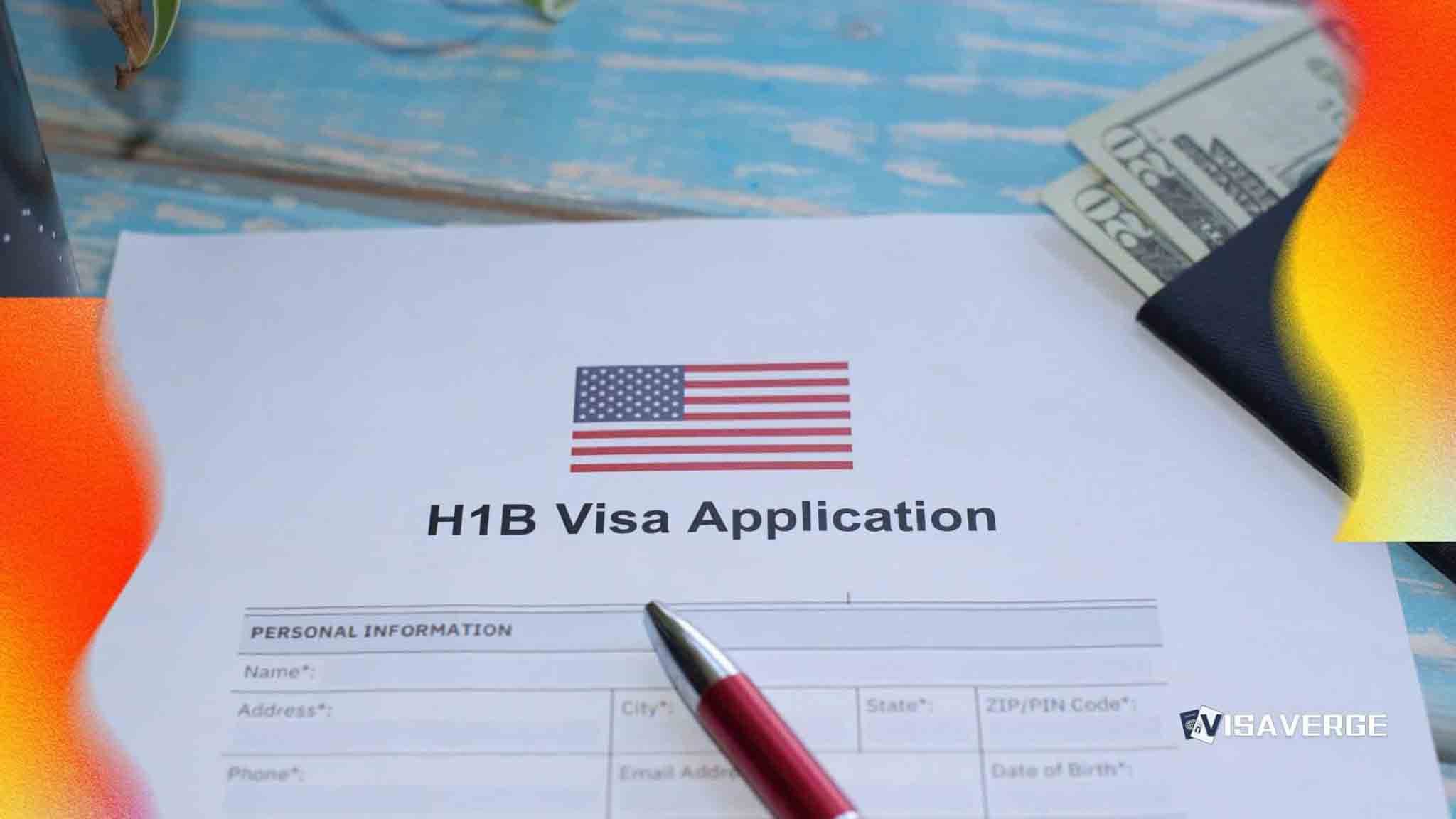(NEW YORK, UNITED STATES) In a move set to reshape regional travel patterns, the United Arab Emirates and Trinidad & Tobago signed a visa-exemption agreement granting visa-free access for UAE citizens to Trinidad & Tobago, including those holding ordinary passports. The accord was concluded on September 27, 2025, on the sidelines of the 80th session of the United Nations General Assembly in New York 🇺🇸.
While the deal opens the door widely for UAE travelers, it offers a narrower benefit in the opposite direction: Trinidad & Tobago citizens with diplomatic and official passports will receive visa-free entry to the UAE, but ordinary T&T passport holders remain subject to existing visa rules.

Who signed and why it matters
The agreement was inked by H.H. Sheikh Abdullah bin Zayed Al Nahyan, the UAE’s Deputy Prime Minister and Foreign Minister, and Sean Sobers, Trinidad & Tobago’s Minister of Foreign & CARICOM Affairs, in the presence of Prime Minister Kamla Persad-Bissessar. Diplomats from both sides described the deal as a practical step to increase travel, trade, and tourism.
Officials framed the arrangement as a carefully balanced opening, focused first on government travel and business mobility, with room for later expansion. The signing at UNGA—where leaders discuss global challenges—signals a shared diplomatic intent to strengthen ties between the Caribbean and the Gulf.
Core terms and the asymmetry
- Signed: September 27, 2025
- UAE signatory: Sheikh Abdullah bin Zayed Al Nahyan
- T&T signatory: Sean Sobers
- Ceremony attendee: Prime Minister Kamla Persad-Bissessar
Key provisions:
– UAE citizens with ordinary, diplomatic, special, or mission passports: visa-free entry to Trinidad & Tobago.
– Trinidad & Tobago nationals with diplomatic or official passports: visa-free entry to the UAE.
– Ordinary T&T passport holders: no change — they must still apply for a UAE visa.
The agreement is asymmetrical: broad access for UAE ordinary passport holders to T&T, but limited diplomatic/official exemptions for T&T to the UAE.
Practical implications for travelers
The most immediate and important determinant is passport type. Border officers and airlines will check the passport category at check-in, so travelers should confirm eligibility before buying tickets.
Important practical points:
– The agreement does not yet specify the permitted length of stay, allowed purposes, or other entry conditions.
– Implementation often requires administrative steps—exchange of notes, publication in official gazettes—so the effective date may come later than the signing.
– Airlines will update their systems when governments finalize implementation; check before travel to avoid being denied boarding.
Advice checklist for travelers:
1. Confirm the effective date of the waiver before booking.
2. Verify your passport type and its validity.
3. Check the expected length of stay once published.
4. Carry proof of return/onward travel, accommodation, and sufficient funds.
5. Review health and insurance requirements.
6. If you hold an ordinary T&T passport, plan for a UAE visa until the policy changes.
Implementation uncertainties and what to watch for
The public releases so far do not include details commonly published later:
– Stay limits (examples: 30, 60, or 90 days)
– Permitted activities (tourism, business, and exclusions such as paid work)
– Entry conditions (proof of funds, onward ticket, accommodation)
– Start date for operational effect
Authorities and airlines will publish implementing notes and update databases. Travelers should consult official sites and airline guidance; for UAE visa basics, visit the UAE Government Portal: UAE Government Portal – Visa and Emirates ID.
Effects on tourism, business, and connectivity
For UAE citizens:
– The waiver removes advance visa paperwork, supporting short-notice business trips and family holidays.
– Tour operators in Trinidad & Tobago may target UAE markets with packages emphasizing beaches, dive sites, festivals, and cultural heritage.
– Boutique hotels, culinary tours, and eco-tourism providers could benefit.
For Trinidad & Tobago (diplomatic/official travelers):
– Easier government travel for conferences, trade shows, and bilateral meetings.
– Ministries may issue internal guidance on passport use; embassies will update travel notes.
Connectivity notes:
– Direct flights are uncommon; most travel will transit through Europe or North America.
– Transit visa requirements for third countries are unaffected by this agreement.
– Industry may lobby for seasonal routes or codeshares linking the Gulf and the Caribbean.
Business opportunities:
– Potential growth in energy services, maritime logistics, tourism investments, and niche exchanges (education, culture, sports).
– Easier travel helps executives meet partners, scout sites, and sign contracts.
Public reaction, policy pathway, and security
Reaction in Trinidad & Tobago will likely be mixed:
– Enthusiasm among government travelers and business communities.
– Questions from the public about why ordinary passport holders are excluded.
Why start asymmetrically:
– Early-stage waivers often focus on diplomatic and official passports to test systems, build trust, and assess operational impacts.
– Future expansion depends on arrival data, overstay rates, security assessments, and border agency capacity.
Security and enforcement:
– Border screening continues despite visa-free entry; officials may conduct routine or random checks.
– Visa-free status does not permit unauthorized work; working without a permit or overstaying has serious consequences.
How this may evolve
Potential next steps if the agreement performs well:
– Extension of visa-free access to ordinary T&T passport holders for short visits.
– Introduction of digital options (pre-travel authorizations or e-visas) to reduce friction without full reciprocity.
– Expansion of consular services and outreach missions if travel grows.
Data points authorities will monitor:
– Arrival numbers
– Overstay rates
– Airport processing times
– Compliance with permitted activities
Messaging and frontline clarity
Clear public communication will be essential:
– Governments should publish concise FAQs and simple charts showing who qualifies by passport type.
– Airlines benefit when rules are easy to verify at check-in—reducing denied boardings and passenger confusion.
– Community groups, diaspora networks, and business chambers should rely on official sources and share updates responsibly.
Key takeaway: UAE citizens can plan trips to Trinidad & Tobago without visa paperwork once the policy is active, while ordinary T&T citizens must still obtain a UAE visa for now.
Final practical reminders
- Check official government channels (and airline guidance) for the effective date and full conditions before traveling.
- Keep proof of official notices on your phone or printed copy if your trip falls near the expected rollout.
- For UAE visa and entry guidance, consult the UAE Government Portal: UAE Government Portal – Visa and Emirates ID.
If the agreement shows steady arrivals, low overstay rates, and smooth airport operations in its first year, policymakers may consider widening benefits. For now, the immediate, narrow impacts are clear and important: broad visa-free access to Trinidad & Tobago for UAE citizens, a diplomatic-level waiver for Trinidad & Tobago officials traveling to the UAE, and a mutual interest in deepening ties through easier, safer travel.
This Article in a Nutshell
On September 27, 2025, the UAE and Trinidad & Tobago signed an asymmetrical visa-exemption agreement at the UN General Assembly. The deal grants UAE citizens—holding ordinary, diplomatic, special, or mission passports—visa-free entry to Trinidad & Tobago. In return, only Trinidad & Tobago nationals with diplomatic or official passports receive visa-free access to the UAE; ordinary T&T passport holders must continue applying for UAE visas. The agreement aims to facilitate travel, trade, and diplomatic engagement but lacks critical implementation details such as permitted stay lengths, allowed activities, and an effective date. Travelers should verify passport eligibility, await administrative implementation, and consult airlines and official government sources before travel. If arrivals remain orderly and overstay rates low, governments may consider extending waivers or developing e‑visa alternatives.













